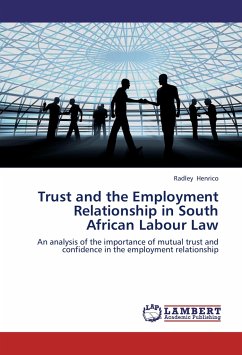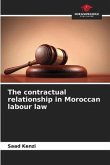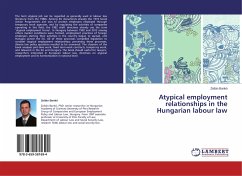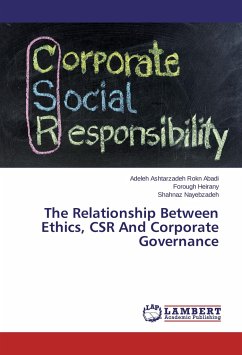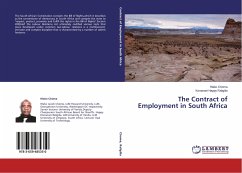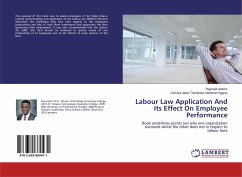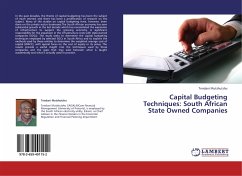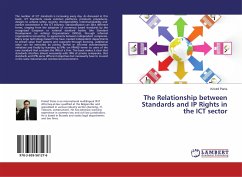Mutual trust is vital to the employment relationship. Constitutional imperatives and recent case law imposes a duty upon both employer and employee. However, the unfair labour practice provisions of the Labour Relations Act 66 of 1995 currently unfairly limits the rights of an employer to take certain action(s) against employees. Development of the common law in constructive dismissal cases has come to accept that an employee may claim a constructive dismissal on the basis of a general breach of obligation of fairness on the part of the employer. Jurisprudential development of our common law recognising an implied term of good faith in contracts is an important contributor to good faith and confidence on the part of parties in the employment relationship, thereby giving impetus to fairer labour practices and a more effective manner of addressing the imbalance of power in the employment relationship. Core ILO Conventions underscore the importance of good faith and confidence in the employment relationship. Recent decisions by the European Court of Justice evidence recognition of good faith and confidence in the employment relationship.
Bitte wählen Sie Ihr Anliegen aus.
Rechnungen
Retourenschein anfordern
Bestellstatus
Storno

